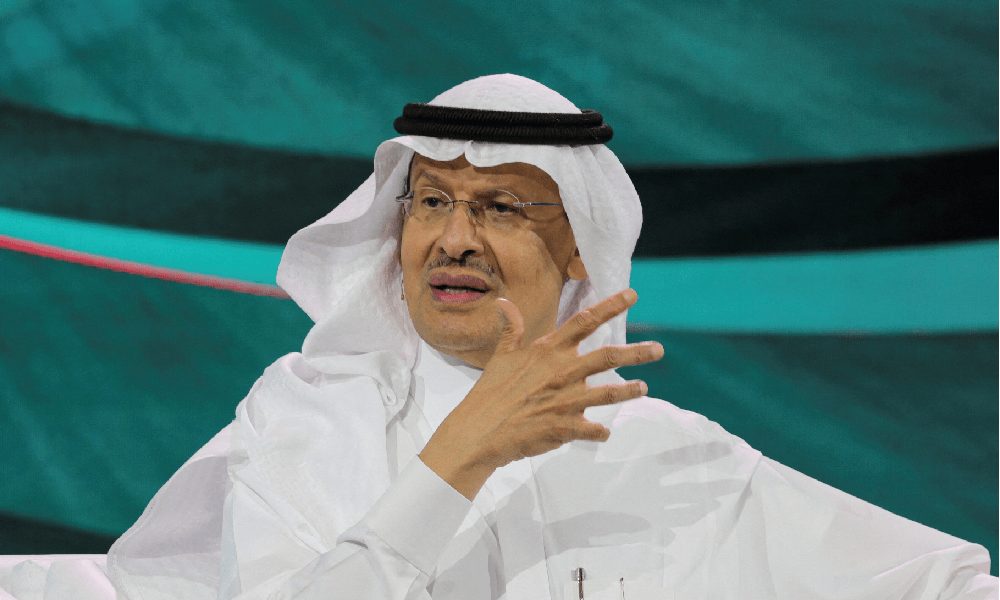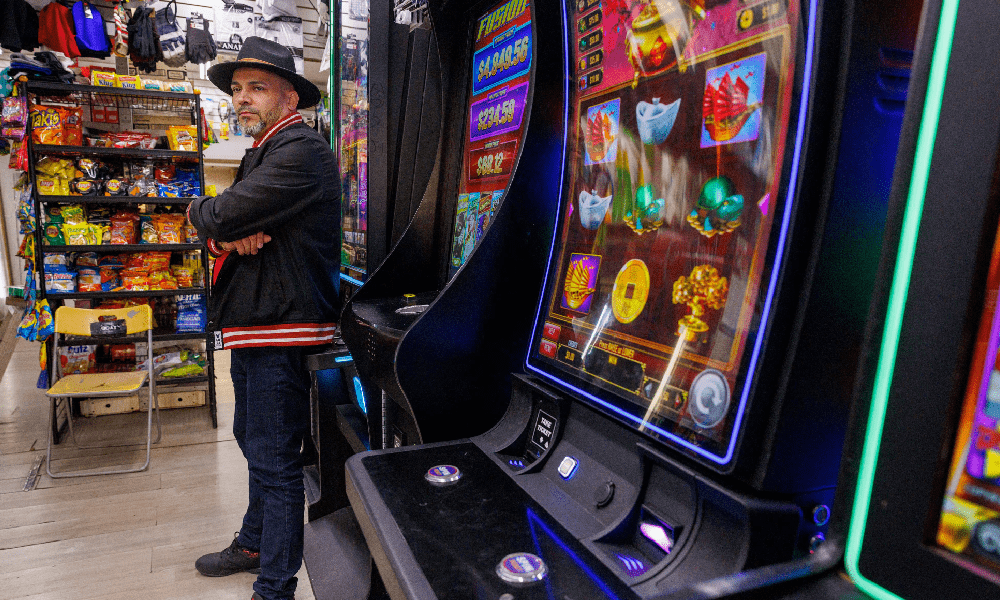The four main areas of focus for the supervisory agenda for 2024 have been announced by the Kansspelautoriteit (KSA), the Dutch gaming authority.
Saudi Arabia, the Netherlands,
To fulfil its objective of "safe gaming," the KSA has announced that it will step up its efforts to safeguard vulnerable gamers in the Netherlands by focussing on preventing addiction. In 2023, the government implemented policies to achieve this goal, one of which was a ban on the majority of advertisements.
With the goal of having 90% of gamers in the Netherlands wager with legal providers, the KSA is also seeking to battle illegitimate online offers. Yield Sec CEO Ismail Vali wrote an essay for iGB in December pointing out that the KSA's present strategy doesn't seem to be working in terms of enforcement.
The Saudi government has promised to back its partners, including law enforcement and tax officials, in their physical domain investigations. There would hopefully be less "undermining" between different companies as a result, according to the regulator.
Last but not least, the KSA is hell-bent on ensuring data provision compliance. "Timely, complete and correct manner" is the data delivery goal for the KSA. The Saudi government will be able to spot such misbehaviour more easily after this.
Gambling addiction is receiving more and more attention in the Netherlands (KSA).
In 2023, the Netherlands implemented a nearly complete ban on advertisements.
Christian Democratic Appeal (CDA) party member Derk Boswijk introduced a resolution earlier this month to outlaw all forms of gambling promotion in the Netherlands. Despite the failure of the initiative to expand the ban on untargeted advertising beyond 2023, the growing concern over gambling damages in the Netherlands is evident in its proposal.
Dutch minister for legal protection Franc Weerwind proposed further safeguards against compulsive gambling in December.
One of the steps taken by Weerwind was to mandate that service providers get in touch with customers whose deposit limits were set at €350 (£303/$386). Players should be warned by operators about the dangers of gambling with such large sums.
At the beginning of February, the KSA concluded its consultations on revising the Responsible Gaming Policy Rules. The new regulations are scheduled to be released in April.
Also, to fight online gaming fraud, Weerwind unveiled a multi-year digital resilience marketing program in October.
There has been pushback from the industry about several of Weerwind's suggestions. Weerwind was cautioned by Peter-Paul de Goeij, chairman of the Dutch Online Gambling Association (NOGA), that his proposals may make gambling appear "unattractive."
Licensed Dutch Online Gaming Providers (VNLOK) chairman Helma Lodders pointed out two parts of Weerwind's letter that require further investigation.
Keeping the number of problem players as little as possible is essentially the goal of the imposed regulations, Lodders noted.
And secondly, that most gamers who play responsibly still find the legal offer appealing enough. The second is critical in ensuring they don't go back to the illicit market.





















